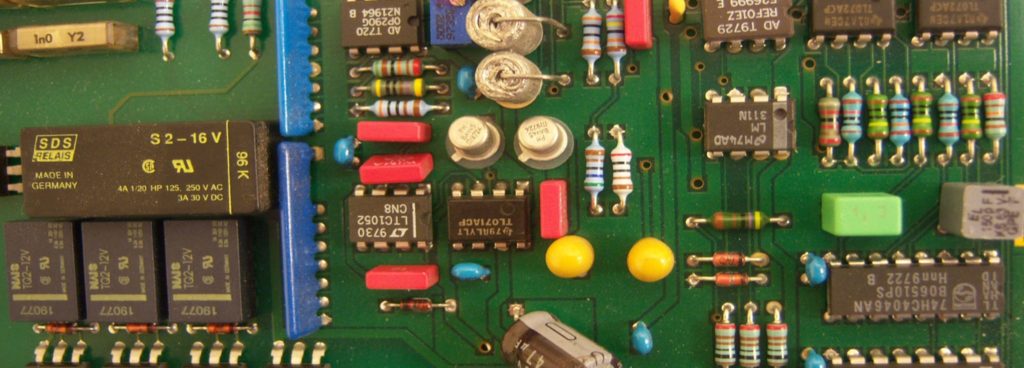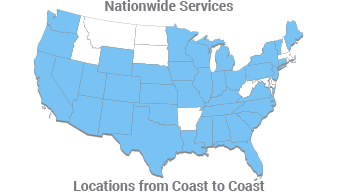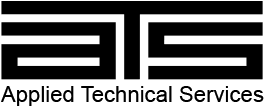- Home
- Services/IndustriesServicesindustries
- About Us
- LocationsStatesAccordion ContentAccordion ContentAccordion ContentAccordion Content
- Job Openings
- Quick Links
- ATS Family

Most Common Questions Asked of a Consumer Product Testing Company
ATS is a fully accredited consumer products testing company that offers a wide variety of product and toy testing. We recognize and test to many regulatory safety standards including ASTM and CA prop 65 requirements.
What are the Most Common Toy Testing Requirements?
The Consumer Product Safety Improvement Act (CPSIA) was enacted on August 14, 2008 by President Bush. This legislation places testing requirements on children’s toys and products.
What Currently Requires a Children’s Product Certificate to Comply with the Law?
Where testing is a requirement of the Consumer Product Safety Commission, testing must be completed with a third-party accredited lab. Follow the link below for an overview of testing for CPC compliance: Rules Requiring Third-Party Testing.
What Items are Exempt from Lead Testing?
A few items which do not need compliance with the lead limits and are listed on the CPSC website include, but are not limited to the following:
- Wood
- Natural Materials
- Yarn (dyed/undyed)
- Certain educational materials (Chemistry sets)
- Printed items using the traditional print process - CMYK
- Children's books printed after 1985
These are just a few exemptions, for a complete list, please visit the CPSC website.
What are Phthalates?
Phthalates are a group of plasticizers used in products to give them their soft and flexible texture. They are produced from oils and used in products such as plastics, solvents, and personal care products. Phthalates cannot be detected by appearance, they are colorless and odorless.
What Phthalates are Currently Banned?
Three phthalate compounds are permanently banned, which includes DEHP, DBP, and BBP. These three phthalates have been banned in concentrations of more than 0.1%, which applies to “children’s toys” and “child care articles.”
Three other phthalate compounds are banned, pending further review by the Commission. These phthalates include DINP, DIDP, and DnOP in concentrations of more than 0.1%. This ban applies to “child care articles” and toys that can be placed in a child’s mouth to be sucked or chewed on.
The CPSC has determined five phthalates cause an adverse effect on male reproductive development, which includes: DINP, DPENP, DHEXP, DCHP, and DIBP.
California Proposition 65 has added an additional phthalate compound to their list of over 850 compounds, which is DNHP. This becomes a labeling issue if phthalate DNHP is present in your product, then you must place a warning label informing consumers.
What Do I Do If My Item is Found Non-compliant with One of the Current Requirements?
Manufacturers, Importers, Distributors, and Retailers are required to report to the CPSC under Section 15(B) of the Consumer Product Safety Act within 24 hours of obtaining information which reasonably supports the conclusion that a product does not comply with a safety rule issued under CPSAI. Please click on the link below to access the web form to report non-compliant items: Form to Report Potentially Unsafe Product
What is a CPC?
A CPC is a Children’s Product Certificate, which shows that your products have been tested by an accredited third-party lab and are compliant with current CPSIA requirements. Most retailers require a CPC. An example of a CPC: A CPC is a Children’s Product Certificate, which shows that your products have been tested by an accredited third-party lab and are compliant with current CPSIA requirements. Most retailers require a CPC. An example of CPC: Sample Children’s Product Certificate.
How Often Should I Retest My Products for Compliance with CPSC Requirements?
The CPSC recommends, at a minimum, annual retesting and certification of products. The determination of frequency of testing is based on how many batches/lots you produce a year. For more information about establishing a reasonable testing program, follow the link below: Establishing a Periodic Testing Schedule
What is the Process for Testing with ATS?
Upon you request for quote, our staff will put together a preliminary quote for you, which will include the sample sizes that need to be submitted for testing. Once you submit samples to our lab, we will provide a quotation as well as what the turnaround time will be for your project. Our typical turnaround time to complete testing is 5-7 business days. Upon completion of testing, we will send you a test report and provide you with guidance to complete the CPC.

Request Form
"*" indicates required fields
